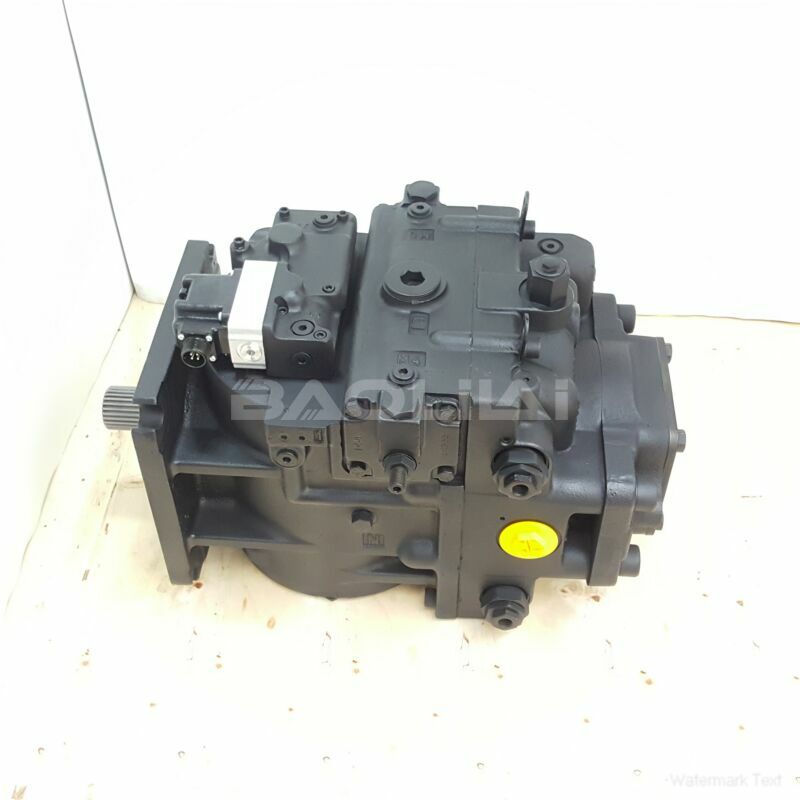90R100KA5CD80P3C7E03GBA424224 high pressure pump
90R100KA5CD80P3C7E03GBA424224 high pressure pump

- Product Details
- Applicable Scene
As the world shifts towards renewable energy sources, the demand for efficient and reliable energy storage solutions continues to rise. Among various technologies, hydraulic oil pumps are emerging as a critical component in advancing these energy storage systems. This article explores the potential of hydraulic oil pumps in the future of energy storage, especially in relation to renewable energy applications.
90-R-100-KA-5-CD-80-P-3-C7-E-03-GBA-42-42-24
90R100KA5CD80P3C7E03GBA424224
Hydraulic systems are renowned for their ability to transfer energy efficiently through the movement of fluids under pressure. In energy storage, hydraulic systems can convert mechanical energy into potential energy, which can later be released as electricity when needed. This is particularly advantageous for balancing intermittent renewable energy sources such as solar and wind power, where energy generation does not always align with consumption patterns.

83006158
One of the significant advantages of hydraulic oil pumps in energy storage is their high energy density. Hydraulic systems can store energy in the form of pressurized fluid, enabling them to hold more energy in a compact space compared to traditional batteries. This characteristic makes hydraulic systems suitable for large-scale applications, including grid stability and load balancing, without the extensive footprint that battery farms require.
Moreover, hydraulic oil pumps have a long operational lifespan and low maintenance requirements. Unlike chemical batteries, which degrade over time and require replacement after a finite number of cycles, hydraulic systems can operate effectively over extended periods with minimal degradation. This quality enhances their economic viability and reduces the overall lifecycle costs associated with energy storage solutions.
Hydraulic oil pumps also offer enhanced efficiency compared to some conventional storage technologies. They can achieve high round-trip efficiency, meaning that a greater proportion of stored energy can be retrieved. Additionally, improvements in hydraulic fluid technology and pump designs continue to enhance efficiency and performance, making them increasingly competitive with emerging battery technologies.





